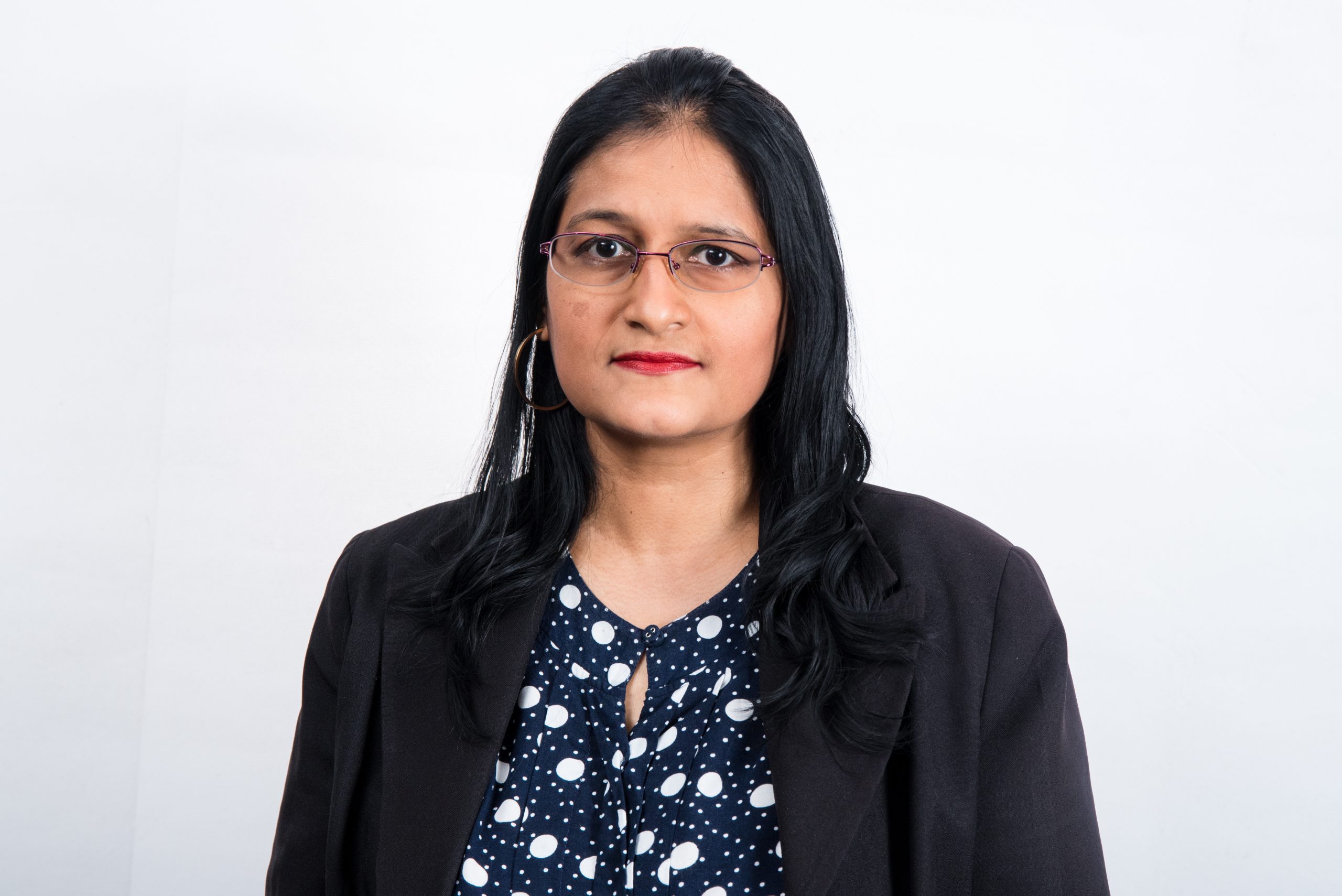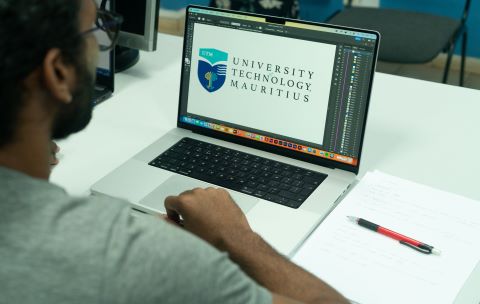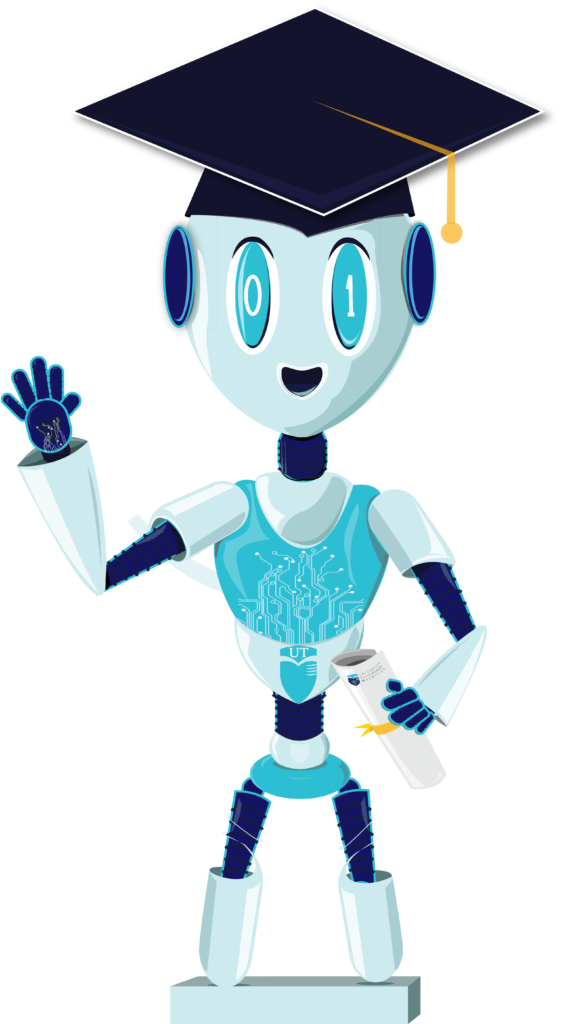School of Innovative Technology And Engineering
18/03/2022 2024-04-17 16:03School of Innovative Technology And Engineering
School of Innovative Technologies and Engineering (SITE)
Head of School
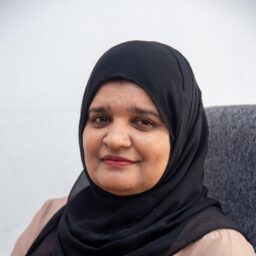
Email:
Head of School Message
Message of the Head of School of Innovative Technologies and Engineering (SITE)

Departments
Overview
The School of Innovative Technologies and Engineering (SITE) created in Year 2008 formerly known as the School of Business Informatics and Software Engineering (SOBISE) was set up in view of meeting the local and global challenges emerging in the fields of ICT, Engineering and Mathematics.
SITE currently comprises of the department of Business Informatics and Software Engineering (BISE), the department of Industrial Systems Engineering (ISE), the department of Applied Mathematical Sciences (AMS) and the department of Creative Arts, Film and Media Technologies (CAFMT). Each department operates with a high level of autonomy invoking specified strategic goals.
The School aims at establishing an effective channel of communication between various types of actors currently involved in using the systems thinking and systems engineering approaches at a different scale of applicability and complexity, namely academic, scientists, researchers, policy makers, ministries, electronic and telecommunication engineers as well as people concerned with the complex role of science, engineering, ICT, industrial informatics, digital arts and multimedia technologies and any other related fields and emerging aspects related by the new risks and vulnerabilities to which these complex and sophisticated systems are prone to be exposed.
ICT is today’s driving force of the world economy and one of the main objectives of the Mauritian government has been to develop a knowledge, innovation and technology-based nation. SITE has been treading the path to become a full-fledged faculty of prominent renown in line with the University vision to provide quality education and training geared towards sustained capacity building for increasingly technology-driven and enterprise-based developments. The School has been innovating over the years by developing new programmes of study which meet the needs of the industry.
In line with this, the School offers variety of programmes at Certificate, Diploma, Bachelor levels (Bachelor of Arts, Bachelor of Science and Bachelor of Engineering) and Post Graduate levels (PGDip, MSc and MScEng) in the fields of Software Engineering, Computer science, Business Information systems, Web Technologies, Electronic and Telecommunication Engineering, Network Technologies and Security, Graphics Design, Digital Arts, Multimedia Systems and Technologies, Actuarial Science, Digital Forensics, financial engineering amongst others. In the long-term, the school will offer other industrial programmes in Sensor Systems, Robotic Engineering and other systems engineering areas for sustainable development.
One of the reasons of the success of our programmes is the close tie we maintain with the ICT industry, which helps us keep our programmes in line with industry needs. This will help maintain the near 100% rate of employment of our students as they complete their studies.
SITE Educational Objectives:
- A graduate armed with the fundamental knowledge required to function as an
engineer, ICT professional or any other profession. - A graduate with the necessary professional attitude and ethics to fulfilling its
responsibilities towards customers, society and the world. - A graduate who has the ability to communicate effectively.
- A graduate who is able to readily adapt to regional and global work challenges.
- A graduate with a blend of leadership, entrepreneurial and technical skills.
- A graduate with innovative capabilities and willing to conduct research for the
development of engineering and computing solutions, new resources, methods,
products and services. - A graduate who is well-equipped to contribute to the social, economic, technological
and environmental advancement of the country.
Programmes
MSc Blockchain Technologies and Business Applications
Blockchain technologies are geared to create new foundations for the …
MSc Blockchain Technologies and Business Applications
What you'll learn
MSc Immersive Media Technologies
The MSc Immersive Media Technologies is a state-of-the-art programme with …
MSc Immersive Media Technologies
What you'll learn
BSc (Hons) Intelligent Systems and Robotics
The concept of Industry 4.0 and 5.0 (I4.0/I5.0) refers to …
BSc (Hons) Intelligent Systems and Robotics
What you'll learn
BSc (Hons) Cyber Security
Given the escalating complexity of cyber threats and the rapid …
BSc (Hons) Cyber Security
What you'll learn
MSc (Eng) Renewable Energy
Renewable Energy (RE) represents the solution to increasing energy demands …
MSc (Eng) Renewable Energy
What you'll learn
BA(Hons) Art and Design (Top Up) Collaborative Programme with FDI
Programme Information Art and Design is a multi-disciplinary field focusing …
Administrative Staff
Miss. Havisha HOOLAUS
Ag. Confidential SecretaryAdministration
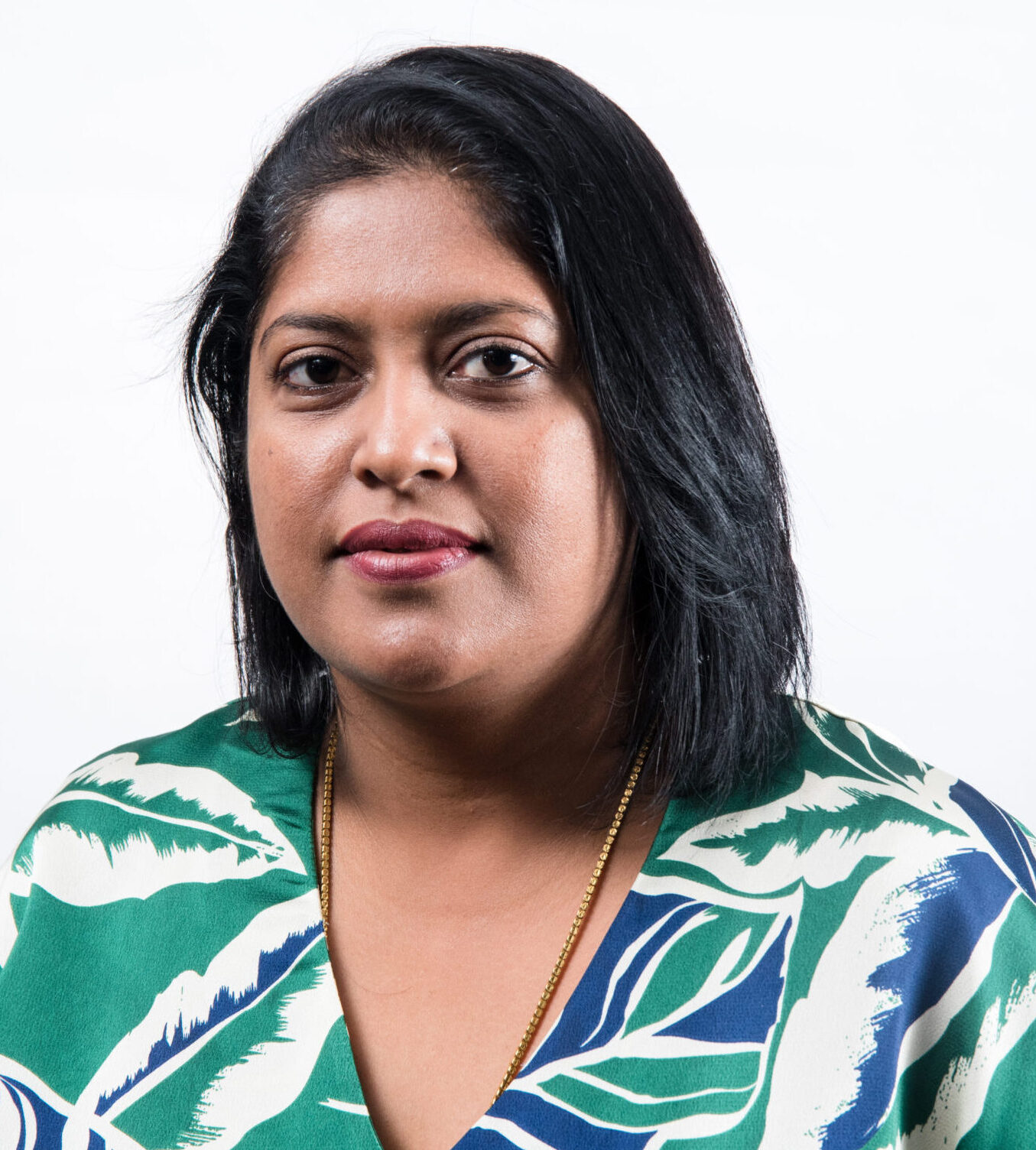
Mrs. Jenny VALAYTHEN
Administrative Officer (Registry)Administration
